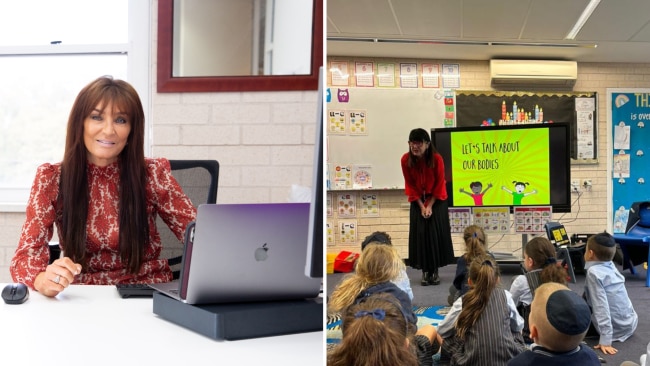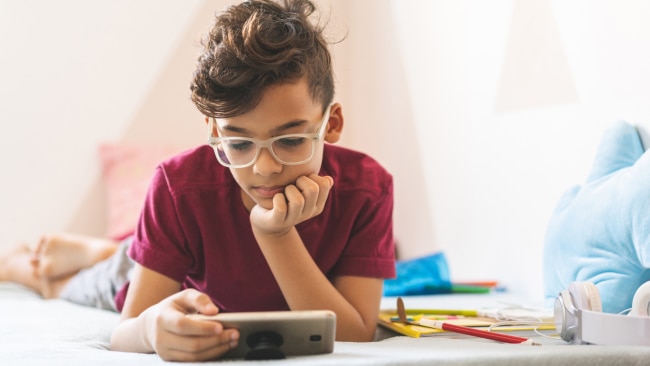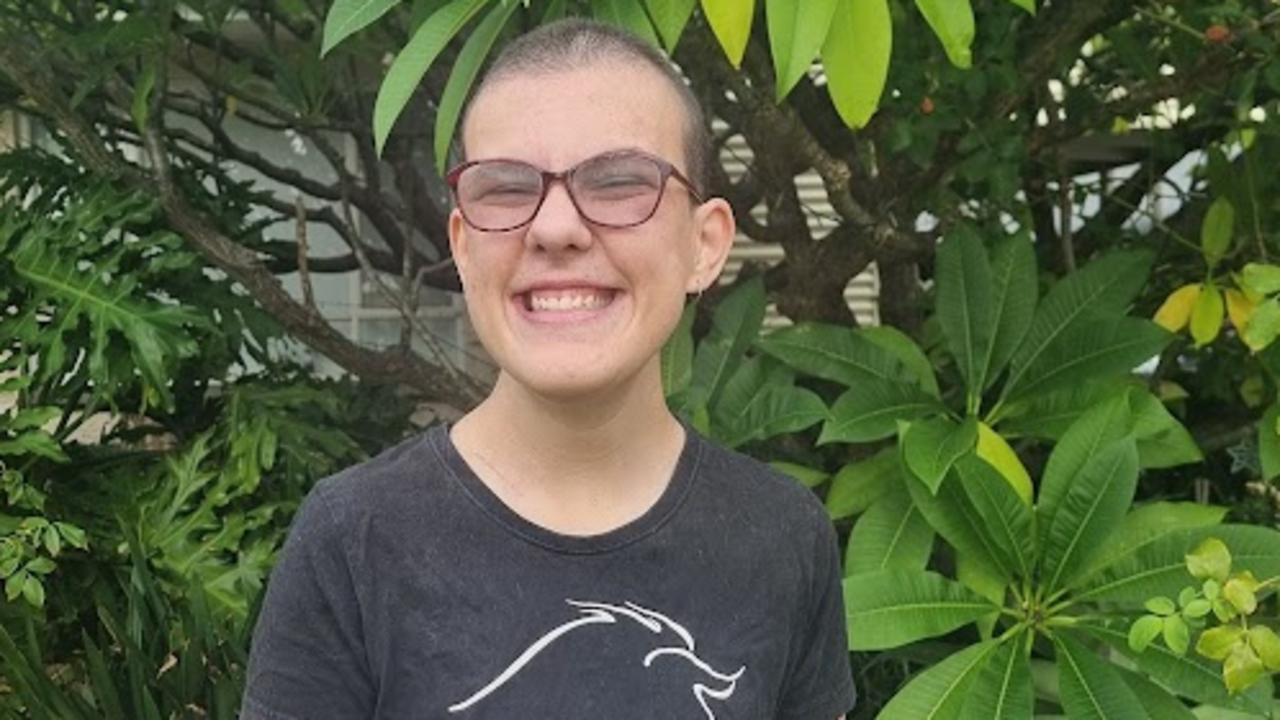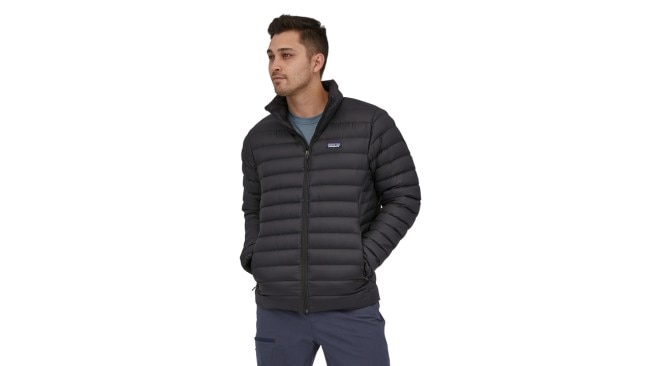'This is the age when you should talk to your kid about pornography'
The scary part is that it's younger than you might think, writes Head of Primary School, Lynda Fisher.

Lifestyle
Don't miss out on the headlines from Lifestyle. Followed categories will be added to My News.
Members of Generation Alpha are living their lives as "Upagers", which means they're receiving information that is significantly ahead of their chronological age and developmental trajectory.
While some of this can be valuable, some of the information our primary school-aged children can access, such as pornography, can be extremely harmful.
Students are generally well-educated in things such as consent, having an accurate vocabulary to name body parts and understanding what actions are acceptable with these body parts, as well as recognising when they feel uncomfortable and what to do and who to tell in those situations.
However, the idea of talking to a child about pornography, let alone saying the “P-word”, makes adults uncomfortable and is avoided. It is critical that this topic of discussion is addressed as it is one of the greatest challenges facing young students, which could impact them now and in adult life.
Want to join the family? Sign up to our Kidspot newsletter for more stories like this.

RELATED:'My 9-year-old daughter watched porn unsupervised'
Why parents avoid talking about pornography
There are mutltiple reasons why parents avoid this discussion with their children:
- They didn’t encounter pornography until high school and think the status quo persists.
- They fear their child will no longer be innocent if they say ‘pornography’.
- They fear it might encourage children to look at pornography.
- They think primary school children are too young to discuss this topic.
- Their child has not asked.
Saying the word ‘pornography’ will not take away your child’s innocence. In fact, it will empower them to know what to do when they see it, and they will not feel guilty or ashamed and hide it from you.
Research tells us that 81% of Australian students in the early years have access to the internet, so it’s important to start the “P” conversation with children when they’re young.

RELATED: Here's what to do if you catch your child watching pornography
How to talk to your children about pornography
- Decide on a good location, go for a walk, drive, or select an activity to do together while discussing.
- Child psychologist Justin Coulson recommends one of the following phrases to start a chat about pornography: “I read an article today that said kids are seeing pornography at really young ages. Can I talk to you about it?”, or, “I want to talk with you about one of those awkward topics. Is that OK?” (If they say “no”, respect that, and set up a time where you can talk.)
- Age-appropriate books, such as Holly Anne Martin’s Hayden-Reece Learns what to do if Children see Private Pictures or Private Movies, are useful.
- Music clips, television, online games, YouTube, and social media are frequently provocative or explicit in their depiction of, or reference to, pornographic content. Point them out and use the opportunity to open a discussion about pornography and how children can manage associated challenges.
- Select a narrative to use with children when discussing pornography. For example:
Early Years narrative: “If you ever see nude pictures or videos on a computer or iPad, this is called pornography. This is not safe or good to look at. It’s not for kids because they show people often hurting each other or touching each other’s private parts.
"If you see them, I’ll be really proud of you if you tell me. You won’t be in trouble. I am telling you this because I want you to be safe and pornography can be dangerous.”
Upper Primary or pre-teens: “We’ve spoken about sex, and the people you have seen in these videos are actors who are paid to hurt each other while they’re having sex. It looks like they’re having fun but it’s not real.”
Make our homes and schools safer
To make our homes and schools safer, we can set rules and boundaries, such as stipulating that no inappropriate images are shared between household members or with friends and that devices are only used in shared spaces.
Monitor your child’s browser history and use parental controls. Explain the reasons for putting controls in place so children don’t craft a workaround to access what they wish to see. Adults should use password protection, delete browser histories and avoid the auto-complete function in browsers on their own devices.
Children can demonstrate a range of responses to encountering pornography, from being frightened and upset to becoming deeply interested, or even addicted.
Open, honest, skilled discussion and supportive adjustment is the way to bring our young people back into balance. Keep your communication going in the right way and put those filters on your home media to prepare our next generation of leaders.
This article has been republished in part from Moriah College with full permission.
More Coverage
Originally published as 'This is the age when you should talk to your kid about pornography'




